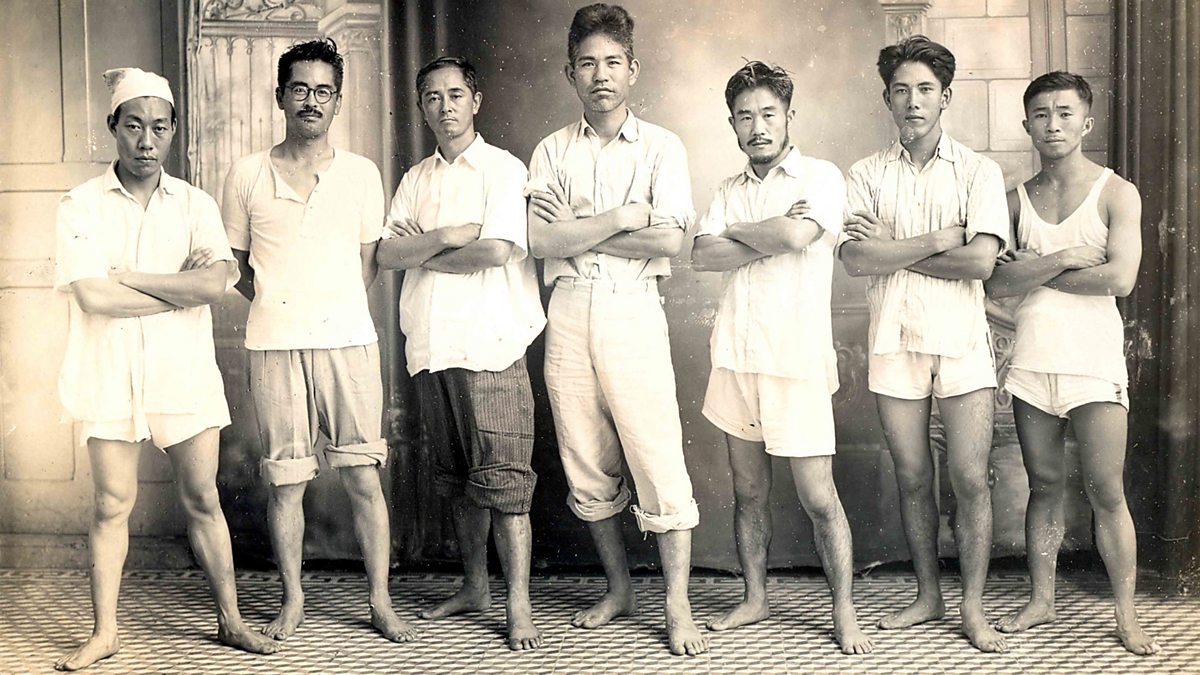In the midst of the tumultuous 1940s, Brazil unexpectedly became the stage for an obscure yet impactful narrative – the rise and fall of the Shindo Renmei organization. Against the backdrop of World War II, this Japanese nationalist group etched an intriguing tale into Brazil’s cultural fabric, unearthing the intricate interplay of wartime loyalties and the challenges of assimilation for immigrant communities.

Emerging from the crucible of 1930s Japan, the Shindo Renmei, translating to the “League of the Subjects’ Spiritual Development,” stood as a radical ultranationalist force. Anchored in Shinto religious doctrines, the movement championed the divine sovereignty of the Emperor and embarked on a mission to purify Japanese society from perceived foreign influences. Bound by a fervent allegiance to Japan, its adherents zealously sought to safeguard their cultural heritage.
Amid this historical tapestry, a fascinating facet unfurled: an unlikely partnership between the Shindo Renmei and Brazil’s Japanese-Brazilian community. The Japanese diaspora had found a new home in Brazil, yet encountered the barriers of adapting to a foreign culture, grappling with discrimination and cultural dissonance. The Shindo Renmei’s allure lay in their resonance with these struggles, as many in the community grappled to preserve their Japanese identity amidst the Brazilian landscape.
However, this symbiotic alliance took a dramatic turn, culminating in the “Shindo Renmei Incident” or “Guerra do Tomioka” (Tomioka War) of 1946. As internal schisms brewed within the Shindo Renmei over objectives and tactics, the conflict reached a boiling point in the rural enclave of Tomioka, São Paulo. Influenced by the charismatic figure Nissho Inoue, Shindo Renmei members orchestrated a rebellion against their very collaborators—the Japanese-Brazilian community. The harrowing clash claimed the lives of over twenty individuals, leaving an indelible scar on the tapestry of Japanese-Brazilian relations.
The Shindo Renmei’s presence in Brazil during the 1940s remains an evocative testament to the intricacies of identity, allegiance, and the delicate dance of cultural preservation in a time of global upheaval. This obscured historical episode casts light upon the challenges encountered by immigrant enclaves, underscoring the capacity of extremist ideologies to exploit vulnerable populations. As the echoes of the Shindo Renmei Incident reverberate through time, it serves as a poignant reminder of history’s intricate threads, shaping our world’s narrative even today.
In recent years, the topic of the Shindo Renmei and its impact on Brazilian history found its way onto the silver screen with the film “Corações Sujos” (Dirty Hearts). Released in 2011 and directed by Vicente Amorim, the movie offers a cinematic exploration of the complex relationship between the Shindo Renmei and the Japanese-Brazilian community during the tumultuous post-World War II era. Through its compelling narrative and evocative visuals, “Corações Sujos” delves into the intricate web of allegiances, cultural clashes, and the human cost of extremist ideologies. This cinematic depiction serves as a poignant reminder of the enduring power of historical events to inspire artistic expression and provides a window into the often overlooked stories that have shaped Brazil’s multicultural identity.
Recommended Reading:
English:
“Japan at War: An Oral History” by Haruko Taya Cook and Theodore F. Cook
“The Japanese Community in Brazil, 1908-1940: Between Samurai and Carnival” by Marcelo J. Borges
“The Shindo Renmei Incident: A Japanese Brazilian Political Tragedy” by Kiyoshi Niiyama
Portuguese:
“Japoneses no Brasil: 100 anos de história” by Jorge Okubaro and Francisco Yoji Takeda
“A Espada e a Fazenda: A Saga dos Imigrantes Japoneses” by Paulo Nogami
“Imigração japonesa no Brasil” by Célia Sakurai
These recommended books delve deeper into the intricate history of the Shindo Renmei in Brazil, shedding light on the nuances of this forgotten chapter and the broader Japanese-Brazilian experience.
Reference: COOK, Haruko and COOK, Theodore. Japan at War: An Oral History. United States: New Press, 1993.
SAKURAI, Célia. Imigração japonesa no Brasil. Brazil: Contexto, 2011.

Barbara da Silva
Barbara has a History and teaching degree from UFRRJ and is currently pursuing a second degree in English Language Teaching. Passionate about heritage, culture, and social history topics, she manages the Mare Nostrum - Antiquity and Middle Ages page, collaborates with the Brazilian History portal, and conducts research on the Estado Novo (New State) period.
